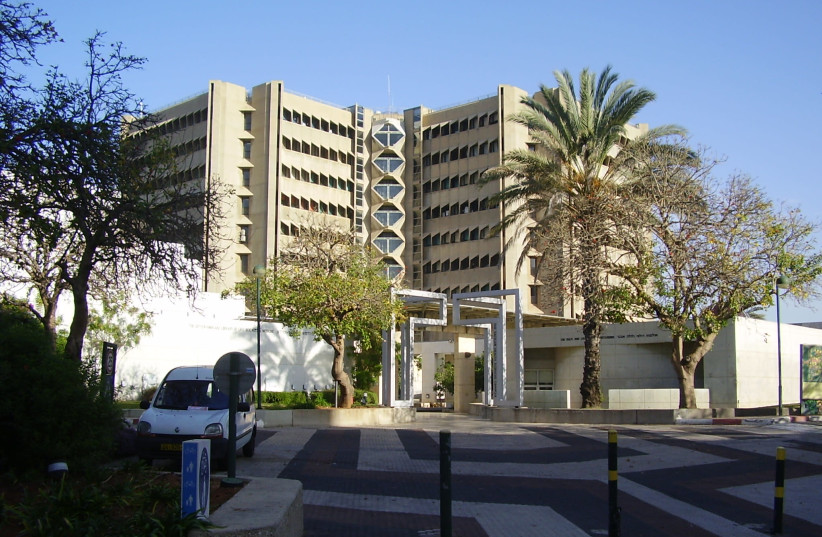In an exclusive story, health correspondent Judy Siegel-Itzkovich reported that the Council for Higher Education – together with the Health and Finance ministries – decided on Monday to bar foreign students from studying medicine at Israeli institutions.
Tel Aviv University’s executive dean, Dr. Stephen Lazar, explained the Israeli decision in a letter to the university’s foreign medical students. “This political decision was made,” he wrote, “to increase the availability of seats in Israeli medical schools for the Hebrew programs, so that many Israeli students will not have to travel abroad for their medical education.”
Ben-Gurion University of the Negev president Prof. Daniel Chamovitz told The Jerusalem Post: “There was no choice. We need more Israelis to study medicine here.”
The decision was based on a 2018 recommendation by the CHE “due to the large number of Israelis who go to Europe to become physicians because they are not accepted at faculties here,” Siegel-Itzkovich reported. She said the graduating classes of 2026 will be the last for Americans and Canadians who came to study medicine in Israel at one of the institutions here – Tel Aviv University’s Sackler Faculty of Medicine, Ben-Gurion University’s Faculty of Health Sciences, and the Technion-Israel Institute of Technology’s Rappaport Faculty of Medicine in Haifa.
Pure rationality is not always wise

While we understand the rationale, we urge the government to reconsider this decision. It is understandable that US and Canadian college graduates want to study here, since they recognize that Israeli medical faculties are among the best in the world. We should be welcoming them – as we have in the past – with open arms.
On the one hand, Israel has to worry about itself and the fact that the doctor/per capita rate is declining (the Organization for Economic Cooperation and Development average is 3.4 per 1,000 doctors, while Israel has an average of just 3.1). And yes, it does appear to be unfair that while the medical faculties in Israel are indeed outstanding and much cheaper than in the US and Canada because studies here are subsidized, many Israelis are forced to travel to Europe to study medicine – and some don’t return to Israel after graduating.
On the other hand, why should foreign students, most of whom are from North America, be penalized? Innovative solutions could be found for them, with a combination of goodwill and strategic long-term planning.
Since 1977, TAU graduated some 2,300 foreign doctors; BGU had an international program for 30 years, the Technion had one for some 20 years, and Hebrew University-Hadassah Braun School of Public Health and Community Medicine has since 1970 welcomed over 1,000 students from over 100 countries. Tuition costs between $27,000 and $34,000 per year.
Because only 900 Israelis are admitted to Israeli medical schools per year (although the Health Ministry is planning to increase this to 1,200), a large number go to Europe – Hungary, Italy, Romania, Germany, the Netherlands and elsewhere – to get an MD degree, while Israeli Arabs go mostly to Jordan and other countries in the region.
Two-way street
Still, while Israelis should not be forced to study medicine abroad, many excellent North American doctors have received their training in the Jewish state. One of them, Dr. Douglas Finch, who calls himself “a proud alumnus of the American Medical Program at Tel Aviv University in 1994,” now serves as chief of infectious diseases at Ellis Hospital in Schenectady, New York. As he put it, “The Israeli decision is a mistake, as US medical alumni are ambassadors for Israel and greatly contribute to society in general. There must be a way for Israel to continue to contribute to world health without destroying these programs as if they were a golden idol to be cast aside.”
Instead of stopping the participation of foreign students altogether, why not find space and room for more medical students? We should be enabling Israelis who want to be doctors to study in Israel and for foreigners who want to study here to also be able to. This blanket ban is wrong and causes Israel damage, economically and from the perspective of public relations.
We agree with Dr. Finch, and urge the government to find the right balance that would enable medical students from abroad to continue studying in Israel – while not forgetting Israeli students.
